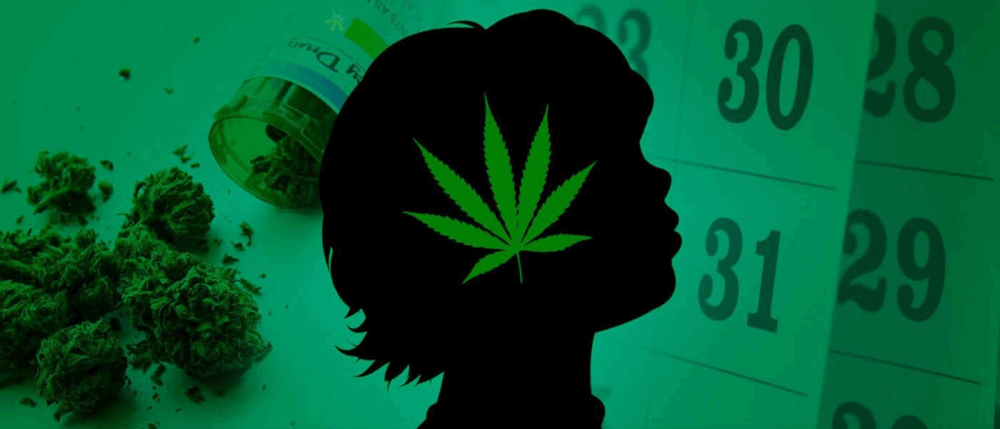Australian Company Launches Study on Exotic Cannabinoids and Autism
Neurotech International (NTI), a private Australian company, has announced plans to conduct a series of trials investigating the effects of various exotic and rare cannabinoids on the symptoms of autism. The organization has already begun synthesizing and extracting these compounds, as well as conducting preliminary safety tests for use in individuals diagnosed with autism spectrum disorders.
Details of the Clinical Trial
According to the company’s press release, the study will recruit a group of 20 volunteers aged 5 to 17, all diagnosed with autism. The goal is to conduct a long-term investigation into how cannabinoids affect well-being and the manifestation of characteristic symptoms. The trials will use purified extracts of exotic cannabinoids, each containing a minimal THC concentration (below 0.3%).
Leadership and Research Goals
The project will be led by Dr. Michael Fahey, a pediatric neurologist at Monash Children’s Hospital. Dr. Fahey will monitor the impact of different cannabinoids on overall quality of life and the expression of autism symptoms over the 16-week experiment.
If the substances demonstrate sufficient effectiveness, the trial program will be expanded to include longer study periods, larger doses of proven compounds, and a bigger patient sample.
Sources and Types of Cannabinoids
“Currently, we plan to obtain the necessary compounds from CBD-dominant plants that have been specially bred to maximize exotic cannabinoid content. However, given their rarity in nature, we do not rule out the possibility of synthesizing these compounds from other cannabinoids or organic substances,” said Brian Lidman, CEO of Neurotech, regarding the study’s preparatory phase.
The organization is particularly interested in testing the effects of Cannabidiforol (CBDP) and Tetrahydrocannabiphorol (THCP), which can be derived from certain CBD-dominant cannabis strains.
Potential Impact and Future Directions
“We hope to discover a new, safe, and effective way to treat and modulate symptoms of autism spectrum disorders, enabling those diagnosed to lead full and productive lives,” said Mr. Lidman.
In addition to Dr. Fahey, the project will involve several other Australian and international experts in autism therapy, psychology, and neurophysiology.
Additional Research Areas
According to the resource Catalyst Hunter, alongside the main experiment, the organization will also study the effects of these cannabinoids on other childhood conditions, particularly attention deficit disorder and epilepsy.



